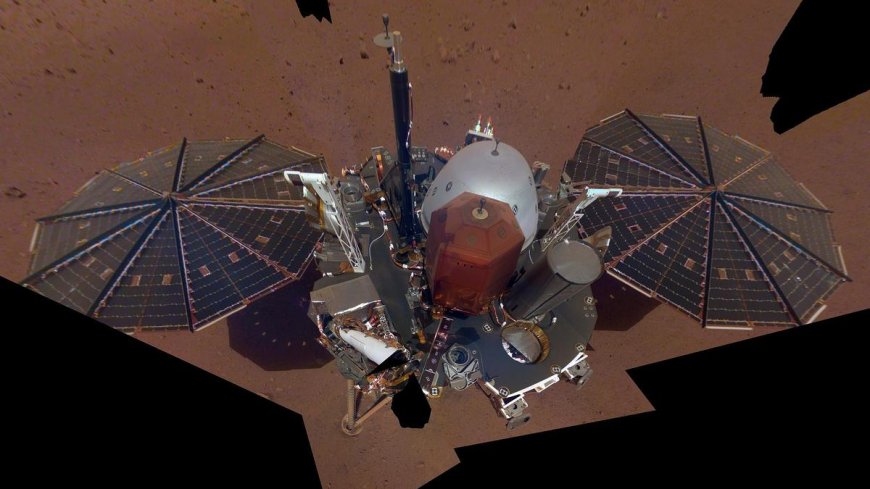Science quiz: Mars is more than just the red planet

Science Quiz: Mars Is More Than Just the Red Planet
Breaking News, Daily Updates & Exclusive Stories - asarkari
In the vast expanse of our solar system, Mars, often referred to as the "Red Planet", captivates both astronomers and space enthusiasts alike. However, the curiosity surrounding Mars extends far beyond its striking color. This article explores intriguing aspects of Mars that challenge common perceptions and highlights recent discoveries that showcase its relevance in the quest for extraterrestrial life.
The Colorful Mystery of Mars
Classified among the terrestrial planets, Mars appears red due to iron oxide, or rust, on its surface. However, its surface is not simply an expanse of red. Recent missions, including NASA's Perseverance rover, have revealed a diverse geological landscape. From towering volcanoes like Olympus Mons to deep canyons such as Valles Marineris, this planet's topography exhibits immense variety.
Water: The Lifeblood of Life?
Scientists often debate the importance of water in the search for life beyond Earth. Fortunately, Mars has provided exciting evidence supporting this notion. Recent data indicate that liquid water once flowed on its surface, shaping its features. Furthermore, seasonal dark streaks, known as recurring slope lineae, suggest the presence of briny water during specific times of the year. These findings raise critical questions: Did life exist on Mars? Can it still exist today?
Martian Atmosphere: A Breath of Fresh Air?
While Mars has a thin atmosphere primarily composed of carbon dioxide, it doesn’t mean the planet is wholly inhospitable. Understanding Martian air composition is crucial for future manned missions. Recent experiments have focused on generating oxygen from carbon dioxide, paving the way for sustainable exploration. As scientists experiment with building habitats using Martian regolith, the prospect of human colonization becomes increasingly feasible.
The Climate of Mars: Lessons from the Past
By examining climate patterns, researchers believe that Mars once possessed a more Earth-like environment, complete with rivers and lakes. Analyzing ancient climate data through rover missions helps scientists predict potential future climates, which is vital for any upcoming exploration trips. As they decode Mars' mysteries, researchers glean insights applicable not just to Mars, but to our own planet's changing climate.
Conclusion: Mars in Our Future
Mars is undoubtedly more than just a red dot in the night sky. From its geological marvels and water mysteries to climate studies that inform our understanding of Earth, Mars continues to be a focal point in space exploration. As technological advancements facilitate deeper exploration, the question isn't whether Mars will be explored further, but when and how it will connect to humanity's future.
For more updates on space exploration and scientific discoveries, visit asarkari.com.
Keywords:
Mars exploration, red planet, Mars geology, liquid water on Mars, Martian atmosphere, life on Mars, space missions, climate of Mars, extraterrestrial life, future of space explorationWhat's Your Reaction?
 Like
0
Like
0
 Dislike
0
Dislike
0
 Love
0
Love
0
 Funny
0
Funny
0
 Angry
0
Angry
0
 Sad
0
Sad
0
 Wow
0
Wow
0










































